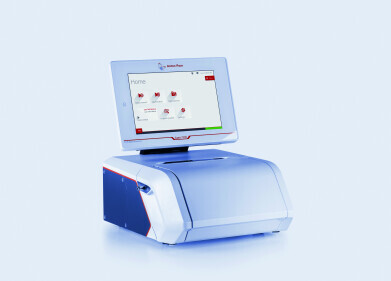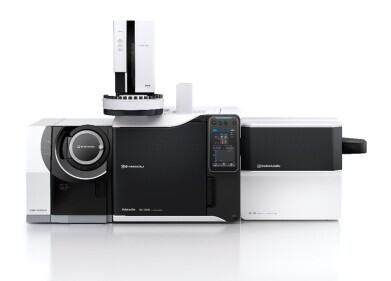Mass Spectrometry & Spectroscopy
What Are the Safe Limits for Nitrosamines?
Jan 05 2023
As potentially carcinogenic compounds, nitrosamine concentrations are heavily regulated in consumer products. While relatively harmless in small quantities, ongoing exposure to high concentrations of nitrosamines can increase the risk of cancer. Pharmaceutical products are a particular concern as medications are often prescribed for long-term use. Over time, nitrosamine exposure can cause serious health issues.
Meeting acceptable nitrosamine limits
So, what’s acceptable and what’s not? In most countries, manufacturers must meet acceptable nitrosamine limits. Methods like gas chromatography-tandem mass spectrometry (GC-MS/MS) and ultra-high performance liquid-chromatography-tandem mass spectrometry (UPLC-MS/MS) are used to test nitrosamine concentrations and determine if products are safe for consumption.
“In cases where the level of a single nitrosamines impurity is observed below the interim acceptable limits, such products are generally considered safe and may remain on the market,” reads the World Health Organisation (WHO) website. “In cases where the levels of nitrosamines exceed acceptable limits, or more than one nitrosamine is observed, such products should in general not be permitted on the market.”
Defining acceptable intake
What are the limits? The Australian Therapeutic Goods Administration (TGA) website lists the different acceptable intake (AI) limits for nitrosamine impurities. The default class specific Threshold of Toxicological Concern (TTC) is 18.0 ng/day, however this can change depending on the nitrosamine. For example, the AI for N-Nitrosodiethylamine (NDEA) is 26.5 ng/day while the AI for N-nitrosodimethylamine (NDMA) is 96.0.
AI levels can vary between countries. Though in general, international regulators like the US Food and Drug Administration (FDA), European Medicines Agency (EMA) and Health Canada enforce similar AI levels.
Nitrosamine recalls
Issues arise when nitrosamine levels exceed AI limits. Pharmaceutical giant Lupin Pharmaceuticals recently recalled several batches of Quinapril hypertension medication after tests revealed nitrosamine levels above the acceptable daily limit recommended by the Food and Drug Administration’s (FDA).
Erin Michos, an associate professor of medicine at Johns Hopkins University, says recalls can create serious disruptions for patients. “These are patients that were stable on their medications,” explains Michos. “Suddenly you’re switching their meds around, and now they have to kind of start over with trying to find the right dose.” Patients will often need to power through more GP visits, testing and monitoring when switching to a new medication after a recall. Finding the right replacement and dosage can often take weeks.
As well as being inconvenient, Michos warns nitrosamine recalls drive distrust in the healthcare system. “With this loss of trust between patients and their doctors and trust in their drug supply, it’s even harder to convince patients to take medications they need,” she adds.
Nitrosamines aren’t the only carcinogenic compounds humans are exposed to on a daily basis. Volatile Organic Compounds (VOCs) are also a serious concern and found everywhere from rugs, mattresses and furniture to vehicle interiors. Find out more in about the methods used to detect and quantify concentrations in ‘Measurement of VOCs in Vehicle Interiors Using Thermal Desorption GC-MS with Nitrogen as the Carrier Gas’.
Digital Edition
Lab Asia 31.2 April 2024
April 2024
In This Edition Chromatography Articles - Approaches to troubleshooting an SPE method for the analysis of oligonucleotides (pt i) - High-precision liquid flow processes demand full fluidic c...
View all digital editions
Events
Apr 28 2024 Montreal, Quebec, Canada
May 05 2024 Seville, Spain
InformEx Zone at CPhl North America
May 07 2024 Pennsylvania, PA, USA
May 14 2024 Oklahoma City, OK, USA
May 15 2024 Birmingham, UK






.jpg)











